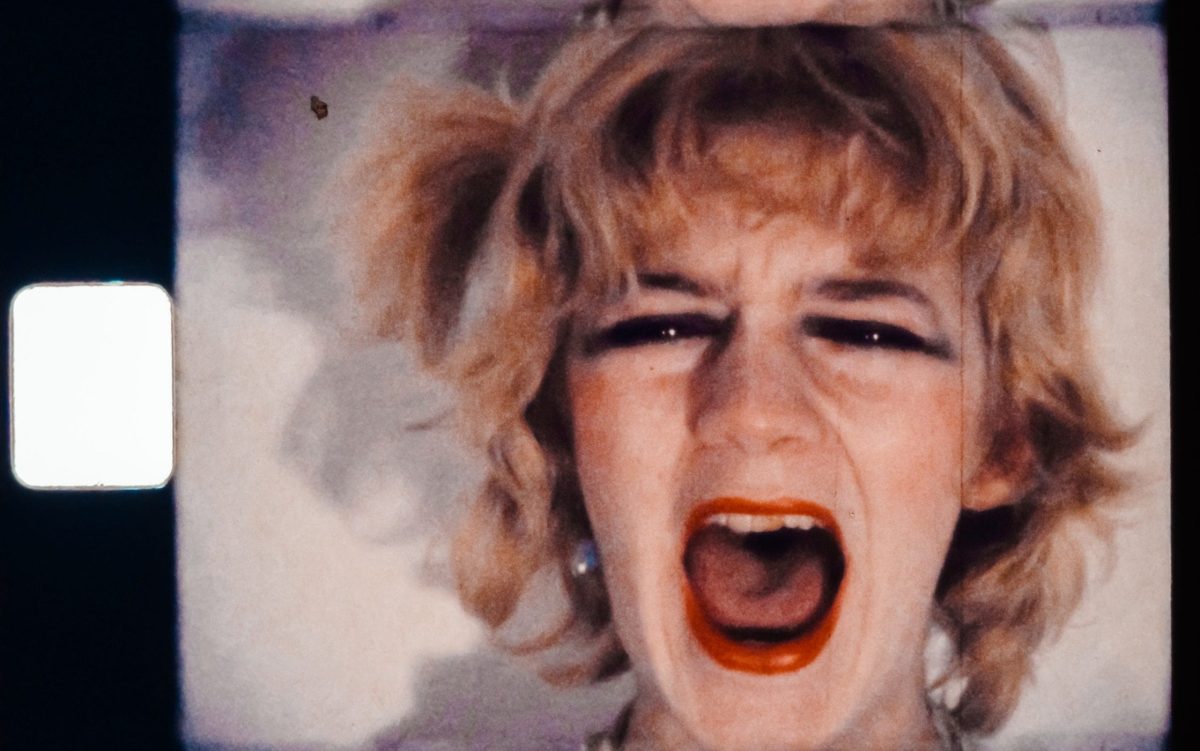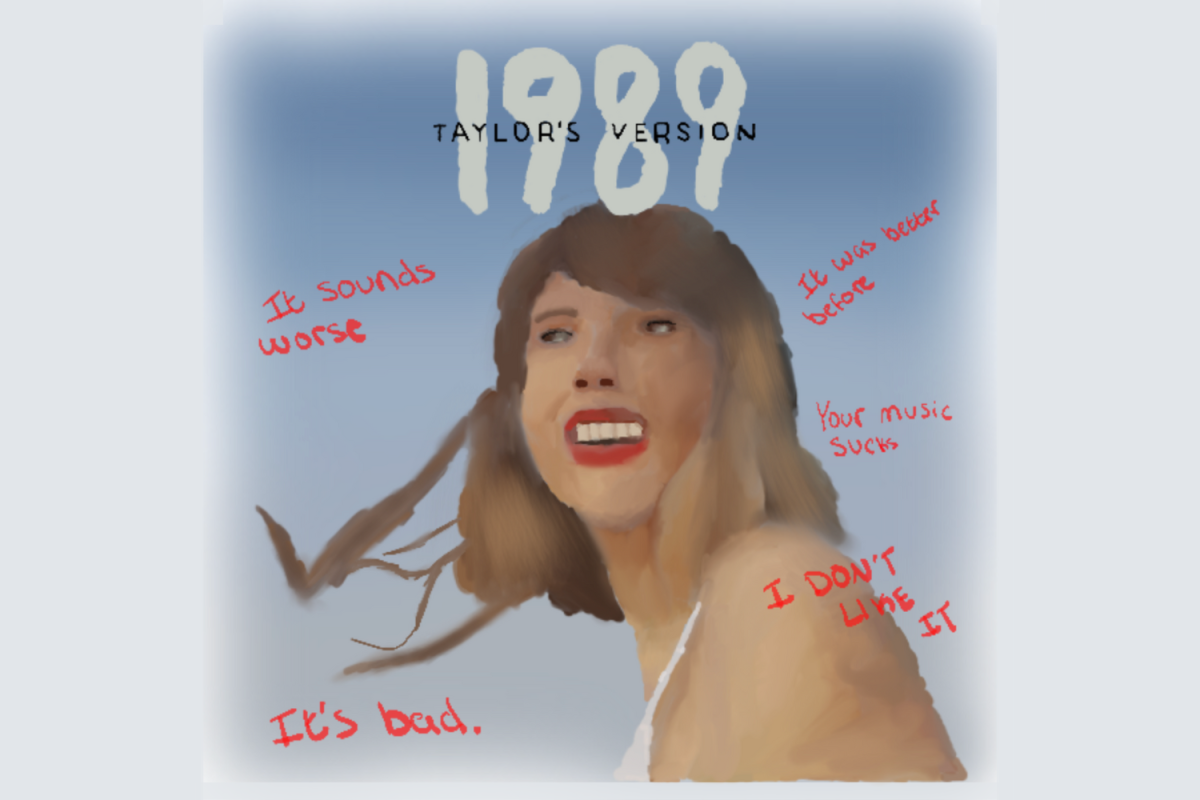When Taylor Swift released her recorded album “1989 (Taylor’s Version)” Oct. 27, 2023, I opened TikTok and discovered that my For You Page was full of videos of fellow fans’ long-awaited reactions. However, I was disappointed to find that the majority of videos shared negative views on Swift’s re-recording.
Insensitive comments such as “It doesn’t sound the same,” or “The original was better” written by Swift fans flooded my screen.
Unfortunately, this dismissive reaction is not new. Her fan base complained about the evolution of Swift’s voice and accent following the release of “Speak Now (Taylor’s Version)” in July 2023.
This clear apathy of Swift fans toward her re-recordings disregards the entire purpose of the album collection. The overwhelming negativity of fan reactions is ignorant and insensitive to Swift’s struggle to regain her stolen songs from exploitative producers.
“1989 (Taylor’s Version)” was highly anticipated among Taylor Swift’s fanbase, following its announcement Aug. 9, 2023. The album includes 16 re-recorded tracks and an additional five previously unreleased “From the Vault” songs.
According to Radio Times, in addition to being the first “Taylor’s Version” album to have a larger debut than its original, “1989 (Taylor’s Version)” also became America’s top-selling album of 2023 within the first week of its release.
“Taylor’s Version” albums are the result of Swift’s public dispute with music managers Scott Borchetta and Scooter Braun, according to The Economic Times. Due to Borchetta denying Swift ownership of the music trademark, allowing Braun to become the new owner, Swift began re-recording her albums.
Chris Richards, the Washington Post’s pop music critic, picked apart the changes in Swift’s vocals, comparing the re-recorded versions of Swift’s biggest “1989” hits to their original versions. Richards described Swift’s new songs as “childish” and “awkward.”
While everyone is entitled to their individual opinion surrounding music, comments that excessively focus on the acoustic details of “Taylor’s Version” songs diminish the larger message behind Swift’s re-recording.
Comments that excessively focus on the acoustic details of “Taylor’s Version” songs diminish the larger message behind Swift’s re-recording.
These albums are meant to celebrate Swift’s accomplishments and the bold stance she is taking in reclaiming music that was previously sold without her consent. Thus, the re-recordings should be praised as a powerful feminist message instead of being taken as an opportunity for Swift’s fan base to criticize her.
Furthermore, it is also ignorant to assume that over the course of nearly a decade, Swift’s voice would not undergo natural changes. Such slight and naturally occurring differences should not be an excuse to prompt overwhelming online hate. In this instance, the public and music industry must be supportive of Swift for protecting her right to her music.
Additionally, I believe the slight differences between her original albums and their re-recorded versions, such as the changes in her voice, are what make “Taylor’s Version”so special and anticipated. It allows Swift’s audience to look forward to her new releases as updated versions of their classic, fan-favorites.
Swift’s actions have made her a role model and voice for exploited artists undergoing similar struggles. By publicizing her personal struggles, Swift is advocating for other artists whose rights have been violated within the music industry.
Thus, attacking her music not only encourages producers to continue profiting from up-and-coming artists, but also gives the impression that such exploitation in the music industry is acceptable.
While “Taylor’s Version” is just one artist’s attempt to reclaim her voice, the importance of supporting these new albums is vital in empowering women in the music industry.





